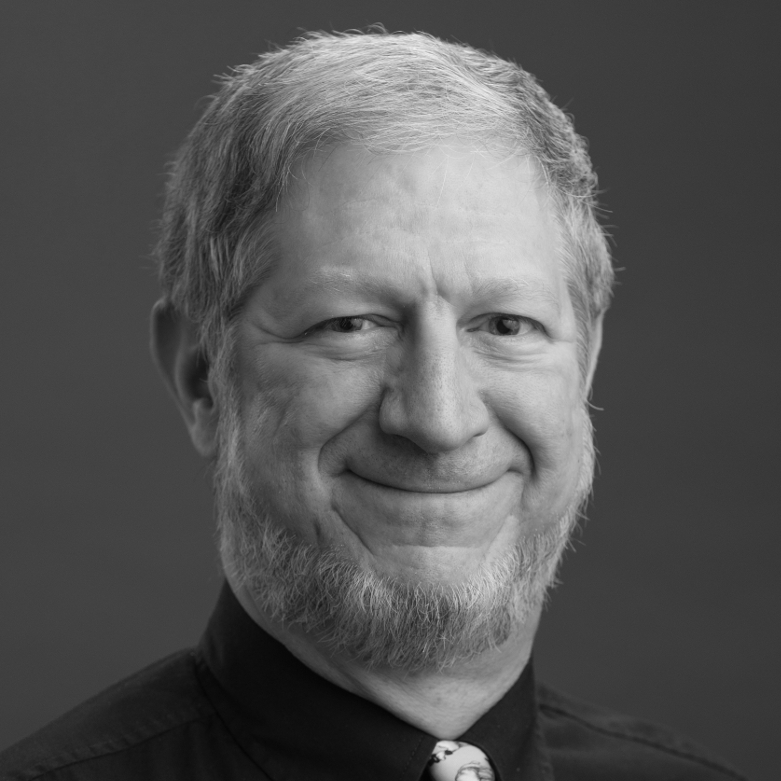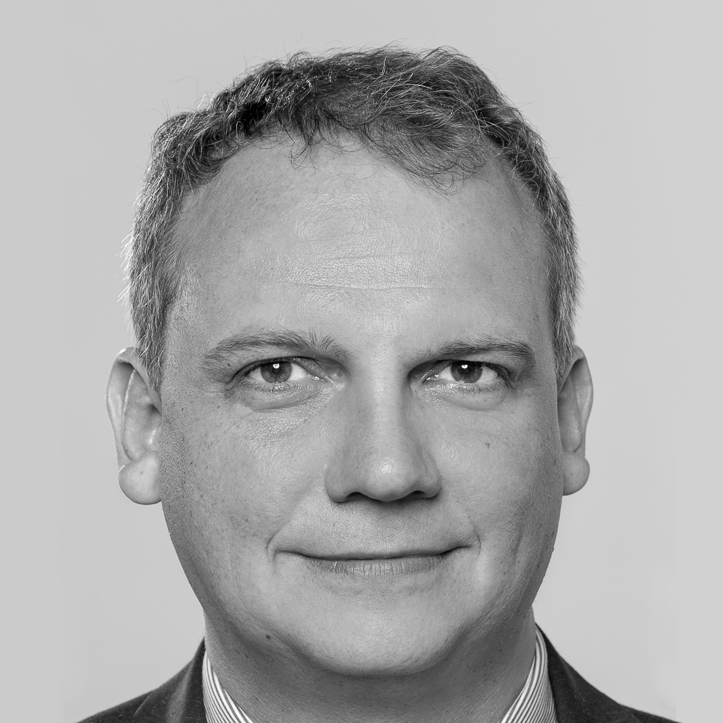2020
We are very pleased to announce that the inaugural ISC 2020 Digital held from Monday, June 22 – Thursday, June 25, replacing the live event in Frankfurt attracted 4,735 participants from 94 countries, emerging as a very successful online event for the HPC community.
Broken down by demographics, ISC 2020 Digital was attended by 2006 people from academia and 2236 from industry. It also attracted 397 students and 96 journalists and analysts. Out of 94 countries, organizers saw the highest attendance from the U.S. (1114), followed by Germany (742), Japan (601), United Kingdom (444), and China (259).
To deal with the different time zones of attendees, over 90 percent of the talks were provided as pre-recorded videos, while a couple of key sessions and workshops were streamed live.
Registered attendees will have exclusive access to all video content until July 6. After that, talks that speakers agreed to sharing with the general public will be hosted on ISC’s official YouTube channel.
We take the opportunity to congratulate all ISC Award and the Student Cluster Competition winners!
June 22-25ISC 2020Digital
4,735 Attendees
160 Speakers
ISC High Performance attendees can look forward to a number of prestigious awards that recognize research excellence in high performance computing.
________________________________________________________________________________________________________________
Research Paper Awards
The following awards will be given to outstanding research papers submitted to the conference:
HANS MEUER AWARD
The Hans Meuer Award honors the most outstanding research paper submitted to the conference’s Research Papers Committee. This award has been introduced in the memory of the late Dr. Hans Meuer, general chair of the ISC conference from 1986 through 2014, and co-founder of the TOP500 project.
From all submitted research papers, the Research Papers Committee will select the overall best paper for the award. The winner will be announced at the ISC High Performance Opening Session and will be given the opportunity to present a keynote talk on their work in one of the research paper sessions.
The winners of the Hans Meuer Award will also receive a cash prize of 1,500 Euros each and an award certificate.
The two papers selected as the winners of the Hans Meuer Award at ISC 2020 Digital are:
- Load-balancing Parallel Relational Algebra, authored by Sidharth Kumar and Thomas Gilray
- Time Series Mining at Petascale Performance, authored by Amir Raoofy, Roman Karlstetter, Dai Yang, Carsten Trinitis and Martin Schulz
Under normal circumstances, both finalists would have fought for the award in front of a live audience in Frankfurt.
GAUSS AWARD
The GCS Award honors the most outstanding research paper submitted to the Research Papers Committee in the field of HPC. The GCS Award has been a key component of the conference each year since the foundation of the Gauss Centre for Supercomputing (GCS) in 2008. It is sponsored by GCS, an alliance of Germany's three national supercomputing centers — the High-Performance Computing Center Stuttgart (HLRS), Jülich Supercomputing Centre (JSC), and Leibniz Supercomputing Centre (LRZ).
The winner of the GCS Award will be announced during the conference opening session and will receive a cash prize of 5,000 Euros along with an award certificate.
The paper selected as the winner of the GCS Award at ISC 2020 Digital is:
Solving Acoustic Boundary Integral Equations Using High Performance Tile Low-Rank LU Factorization, authored by Kadir Akbudak, Noha Alharthi, Rabab Alomairy, Hakan Bagci, Rui Chen, David Keyes, Hatem Ltaief
________________________________________________________________________________________________________________
PHD FORUM AWARD
The PhD Forum Program Committee will elect one student to receive the "ISC 2020 PhD Forum Award”. The award is sponsored by Springer, the international publisher specializing in science, technology and medicine. The winner receives a high-end tablet from Springer.
The poster selected as the winner of the PhD Forum Award at ISC 2020 Digital is:
ComPar: Optimized Compiler for Automatic OpenMP Source-to-Source Parallelization using Code Segmentation and Hyperparameters Tuning by Gal Oren, Yoel Vaizman, Shlomi Tofahi, May Hagbi, Yoni Cohen, Gilad Guralnik, Reuven Regev Farag, Lee-or Alon, Re’em Harel and Idan Mosseri.
________________________________________________________________________________________________________________
RESEARCH POSTER AWARDS
The ISC Research Poster Award is given to two outstanding research posters submitted to the conference and are sponsored by the conference organizers. The authors of the award-winning posters will be invited to submit a paper to the International Journal “Supercomputing Frontiers and Innovations” (JSFI) as full paper or short communication.
The following Research Posters were selected to receive the 2020 Award:
- Research Poster: OSU INAM: Profiling and Visualization Tool for Scalable and In-Depth Analysis of High-Performance GPU-enabled HPC Clusters by Poster Authors Pouya Kousha, Hari Subramoni, Kamal Raj Sankarapandian Dayala Ganesh Ram, Dhabaleswar Panda
- HPC in Asia: Challenges in Solving Scheduling Problems with the D-Wave Quantum Annealer by Michael R. Zielewski, Mulya Agung, Ryusuke Egawa, Hiroyuki Takizawa
WE CONGRATULATE ALL AWARD RECIPIENTS!
ISC 2020 Committees
The ISC 2020 steering committee provides guidance on the conference program and help enhance publicity, acceptance and growth of ISC in industry, research and academia.
- Sadaf Alam, CSCS, Switzerland
- David A. Bader, Georgia Institute of Technology, USA
- Rosa Badia, BSC, Spain
- Frank Baetke, Hewlett Packard Enterprise, Germany
- Pavan Balaji, Argonne National Laboratory, USA
- Janine Bennett, Sandia National Laboratories, USA
- Rupak Biswas, NASA Ames Research Center, USA
- Arndt Bode, LRZ & TU Munich, Germany
- Taisuke Boku, University of Tsukuba, Japan
- Damian Borth, DFKI, Germany
- Gerd Büttner, Airbus Deutschland, Germany
- Sunita Chandrasekaran, University of Delaware, USA
- Florina Ciorba, University of Basel, Switzerland
- Toni Collis, EPCC, UK
- Dona Crawford, LLNL, USA
- Bronis R. de Supinski, LLNL, USA
- Frederic Desprez, Inria, France
- Jack Dongarra, University of Tennessee & ORNL, USA
- Ryusuke Egawa, Tohoku University, Japan
- Fouad el Khaldi, ESI GROUP, France
- Lin Gan, Tsinghua University, China
- Alfred Geiger, T-Systems Solutions for Research, Germany
- Wolfgang Gentzsch, The UberCloud Marketplace, Germany
- Horst Gietl, ISC Group, Germany
- Maike Gilliot, Teratec, France
- Bill Gropp, University of Illinois at Urbana-Champaign, USA
- Georg Hager, Friedrich-Alexander University Erlangen-Nuremberg, Germany
- Heike Jagode, University of Tennessee - Knoxville, USA
- Sverre Jarp, CERN, Switzerland
- Guido Juckeland, Helmholtz-Zentrum Dresden-Rossendorf, Germany
- Alison Kennedy, STFC Hartree Centre, UK
- Janis Keuper, ITWM, Germany
- David Keyes, KAUST, Saudi Arabia
- Dieter Kranzlmüller, LMU & LRZ, Germany
- Julian Kunkel, University of Reading, UK
- Jysoo Lee, KAUST, Saudi Arabia
- Fang-Pang Lin, National Center for High-Performance Computing, Taiwan
- Thomas Lippert, JSC, Germany
- Yutong Lu, NSCC in Guangzhou, China (Chair)
- Thomas Ludwig, DKRZ, Germany
- Satoshi Matsuoka, Tokyo Institute of Technology, Japan
- Simon McIntosh-Smith, University of Bristol, UK
- Cynthia McIntyre, Washington Technology Partners, USA
- Kim McMahon, McMahon Consulting, USA
- Martin Meuer, ISC Group, Germany
- Thomas Meuer, ISC Group, Germany
- Marek Michalewicz, ICM, University of Warsaw, Poland
- Bernd Mohr, JSC, Germany
- Matthias Müller, RWTH Aachen University, Germany
- Wolfgang Nagel, TU Dresden, Germany
- Kengo Nakajima, University of Tokyo, Japan
- Philipp Neumann, DKRZ, Germany
- Michael Resch, HLRS, Germany
- Saday Sadayappan, Ohio State University, USA
- Marie-Christine Sawley, Intel, France
- Laura Schulz, LRZ, Germany
- Martin Schulz, TU Munich, Germany
- Felix Schürmann, EPFL, Switzerland
- John Shalf, LBNL/NERSC, USA
- Horst Simon, LBNL, USA
- Happy Sithole, Center for High Performance Computing, South Africa
- Masha Sosonkina, Old Dominion University, USA
- Thomas Sterling, Indiana University, USA
- Erich Strohmaier, LBNL, USA
- Michela Taufer, University of Delaware, USA
- Carsten Trinitis, TU Munich, Germany
- Ekaterina Tyutlyaeva, RSC, Russia
- Matteo Valero, BSC, Spain
- Jeff Vetter, Oak Ridge National Laboratory, USA
- Vladimir Voevodin, Moscow State University, Russia
- Yu Wang, Leibniz Supercomputing Centre (LRZ), Germany
- Michele Weiland, EPCC, UK
- Gerhard Wellein, Friedrich-Alexander University Erlangen-Nuremberg, Germany
- Sandra Wienke, RWTH Aachen University, Germany
- Andreas Wierse, SICOS BW, Germany
- Rio Yokota, Tokyo Institute of Technology, Japan
- Keren Bergman, Columbia University, United States of America (Emerging Technology Track Leader),
- Hans-Joachim Bungartz, Technical University of Munich (TUM), Germany (Applications & Algorithms Track Leader),
- Sunita Chandrasekaran, Department of Computer Science, University of Houston, United States of America (Parallel Programming & Performance Modelling Track Leader)
- Torsten Hoefler, ETH Zurich, Switzerland (Machine Learning Day Track Leader),
- David Keyes, KAUST, Saudi Arabia (Program Chair)
- Masaaki Kondo, Graduate School of Information Science and Technology, The University of Tokyo, Japan (System Architecture Track Leader)
- Martin Schulz, Technical University of Munich, Chair of Computer Architecture and Parallel Systems, Germany (Program Deputy Chair)
Applications for the ISC Travel Grant will be evaluated by the current Travel Grant Committee.
- Elizabeth Leake, STEM-Trek, United States of America
- Kimberly McMahon, Cloud Native Computing Foundation, United States of America
- Julian Kunkel, University of Reading, United Kingdom
- Colleen Sheedy, ISC Group, Germany



